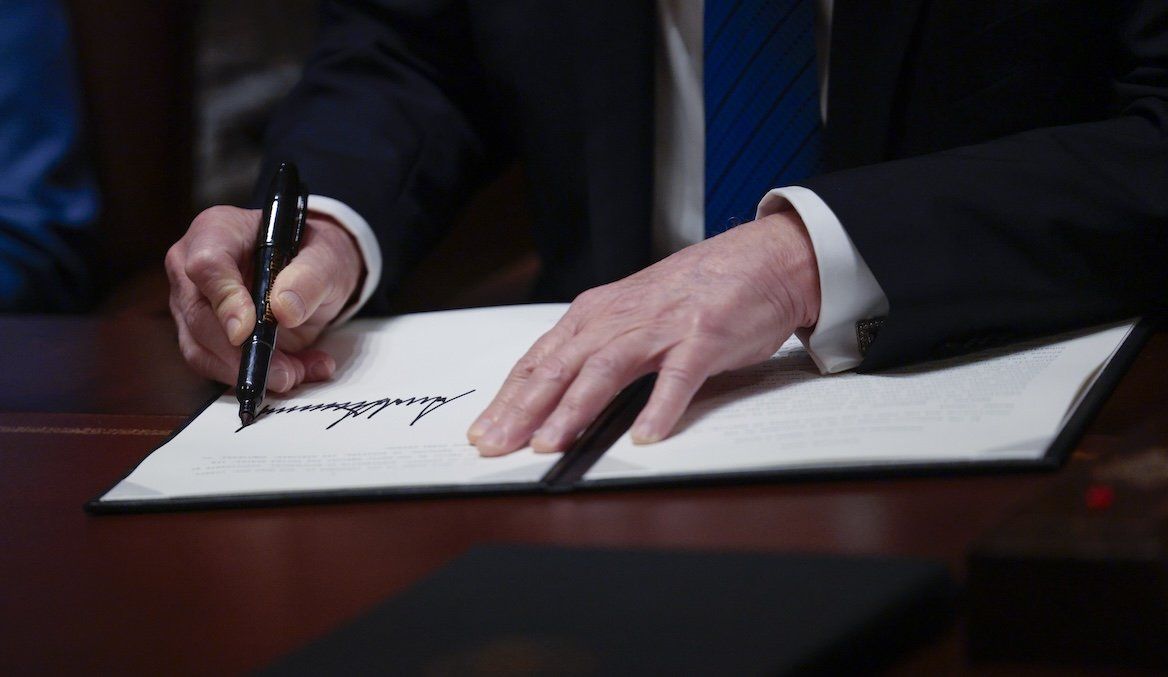
President Trump stunned the world when he proposed that the United States take over Gaza and transform it into the "Riviera of the Middle East," suggesting that displaced Gazans should be resettled elsewhere. America’s Middle Eastern allies have widely rejected the proposal, but what does it mean for the future of Gaza and its people? On GZERO World, Palestinian Ambassador to the UN Riyad Mansour joins Ian Bremmer to discuss Trump’s remarks, the realities of displacement, and what Palestinians want.
Mansour pushes back against the idea that Gazans should leave, pointing to the hundreds of thousands who have already returned to their devastated homes despite the destruction. He emphasizes the deep connection Palestinians have to their land, saying, “We have a very, very strong attachment to the land, whether it is you have a palace on it, or whether it is destroyed.” He also warns that forced displacement—no matter how it’s framed—creates instability for both Palestinians and neighboring countries like Egypt and Jordan, which have rejected any large-scale resettlement plans.
Beyond Trump’s proposal, Bremmer and Mansour examine Gaza's broader political future, the stalled peace process, and the challenges of rebuilding after the war. With global powers like China expressing interest in Palestinian statehood and an upcoming international conference on a two-state solution, could diplomatic momentum finally shift in Palestine’s favor? Mansour remains cautious but hopeful, acknowledging that “it gets so dark early in the morning before we see the sunlight.”
GZERO World with Ian Bremmer, the award-winning weekly global affairs series, airs nationwide on US public television stations (check local listings).
New digital episodes of GZERO World are released every Monday on YouTube. Don't miss an episode: subscribe to GZERO's YouTube channel and turn on notifications (🔔).

